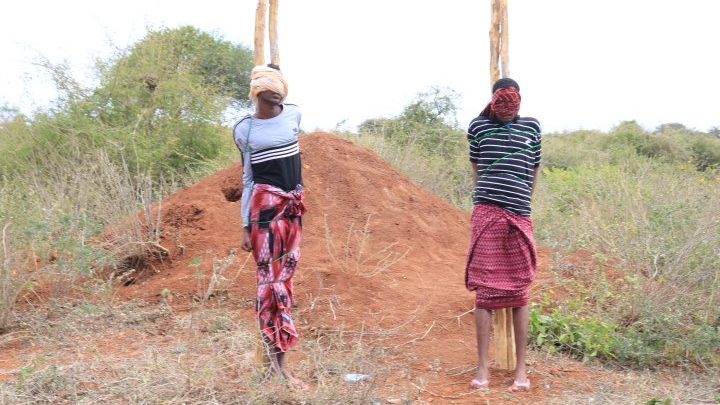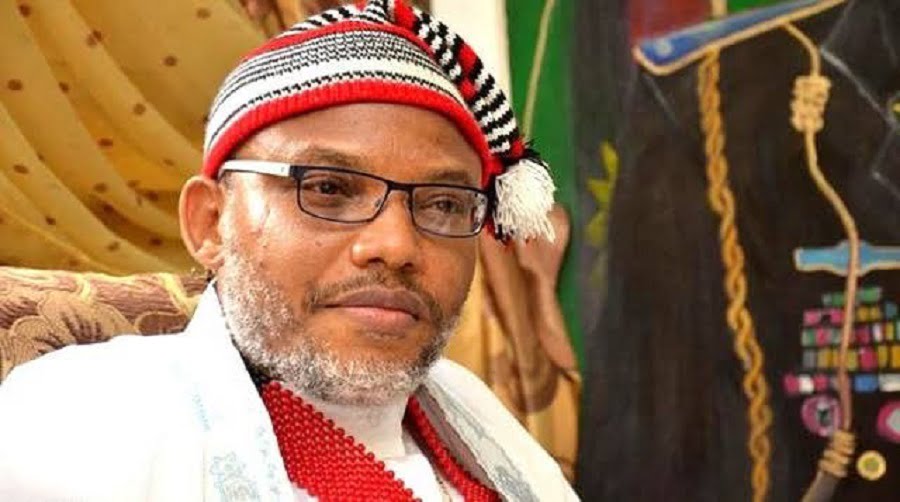At 27.4 per cent, Anambra has topped the list of states where married women use traditional contraceptives to control childbirth with Yobe having the lowest figure at 0.3 per cent.
The National Bureau of Statistics (NBS) made the disclosure in its Demographic Statistics for 2020 posted on its website on Sunday in Abuja.
The statistics show that 98.1 per cent of married women in Yobe did not use any contraceptive in the year under review.
It categorised the birth controls into traditional contraceptives method, modern method and those not currently using any contraceptive at all.
NBS said that at the national level, the total number of women not using contraceptives to prevent childbirth was 83.4 per cent, while those using traditional method of contraceptives was 4.6 per cent with the modern method standing at 12.0 per cent.
Sokoto State at 97.7 per cent follows Yobe in the category of women not using contraceptives with 0.2 using traditional method, while 2.1 per cent use the modern method.
The report said, however, that the Total Fertility Rate (TFR) for the year, 2018 was 5.3 per cent, indicating a decrease from previous years.
It added that women in the age group 25 to 29 had the highest fertility rate, while women aged 45 to 49 had the lowest rate.
The report noted, however, that the total National Birth Registrations between 2017 and 2019 stood at 18.46 million with 2017 accounting for 5.03 million, while in 2018, it was 6.58 million with 2019 recording 6.83 million.
At state level in 2017, Kano had the highest registered live births with 415,598, while in 2018 and 2019, Borno recorded the highest having 863,592 and 879,524, respectively.
On the other hand, Bayelsa recorded the least total national birth registrations with 220 in 2017; 234 in 2018 and 199 in 2019.
The report indicates, however, that most of the birth registrations were done in urban areas with 63 per cent in 2017, 59 per cent in 2018 and 62 per cent in 2019.
On the statistics of recorded deaths, NBS disclosed that burial or other means of deceased disposal was 38,727 between 2017 and 2019.
Giving a breakdown, it said that the total number of deaths registered in 2017 stood at 15,153 but that it reduced to 13,329 in 2018 and further reduced to 10,245 in 2019.
By gender categorisation, the NBS said that 9,555 male deaths were registered in 2017, 8,842 in 2018 and 7,066 in 2019 while 5,598 female deaths were registered in 2017, 4,487 in 2018 and 3,179 in 2019.
The News Agency of Nigeria (NAN) reports that the demographic bulletin provides information on some population-related issues in the country.
It is the sixth edition and reports key demographic indicators, including population, fertility, mortality, reproductive health issues, health records of births and deaths from 2016 to 2019.
The information helps policymakers and researchers in making evidence-based decisions. (NAN)






